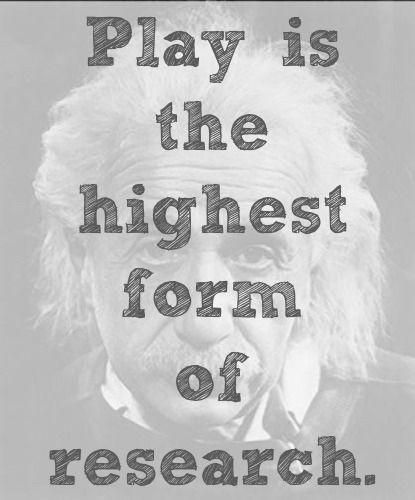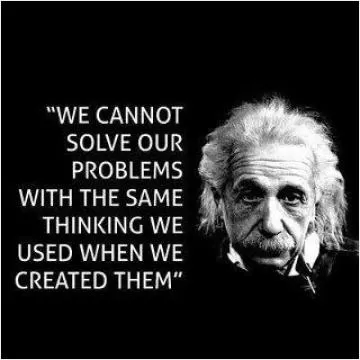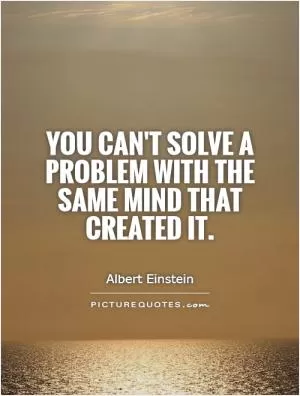Play is the highest form of research

Play is the highest form of research
Play is often seen as a frivolous activity, something that children do to pass the time or entertain themselves. However, the renowned physicist Albert Einstein once said, “Play is the highest form of research.” This statement highlights the importance of play in the learning process and suggests that play is not just a way to have fun, but also a valuable tool for exploration and discovery.When we think of research, we often think of scientists conducting experiments in a lab or scholars poring over books in a library. However, research is not limited to these formal settings. Play, with its emphasis on creativity, imagination, and experimentation, can also be a form of research. In fact, play allows us to explore new ideas, test out different hypotheses, and learn from our experiences in a way that is engaging and enjoyable.
One of the key aspects of play is its open-ended nature. Unlike structured learning activities, play does not have a predetermined outcome or set of rules. This freedom allows individuals to explore and experiment in a way that is not constrained by expectations or limitations. In this sense, play can be seen as a form of research that encourages curiosity, creativity, and innovation.
Furthermore, play often involves hands-on, experiential learning. Through play, individuals can engage with their environment, manipulate objects, and interact with others in a way that is immersive and interactive. This hands-on approach to learning can be particularly effective in helping individuals develop critical thinking skills, problem-solving abilities, and a deeper understanding of complex concepts.












 Friendship Quotes
Friendship Quotes Love Quotes
Love Quotes Life Quotes
Life Quotes Funny Quotes
Funny Quotes Motivational Quotes
Motivational Quotes Inspirational Quotes
Inspirational Quotes